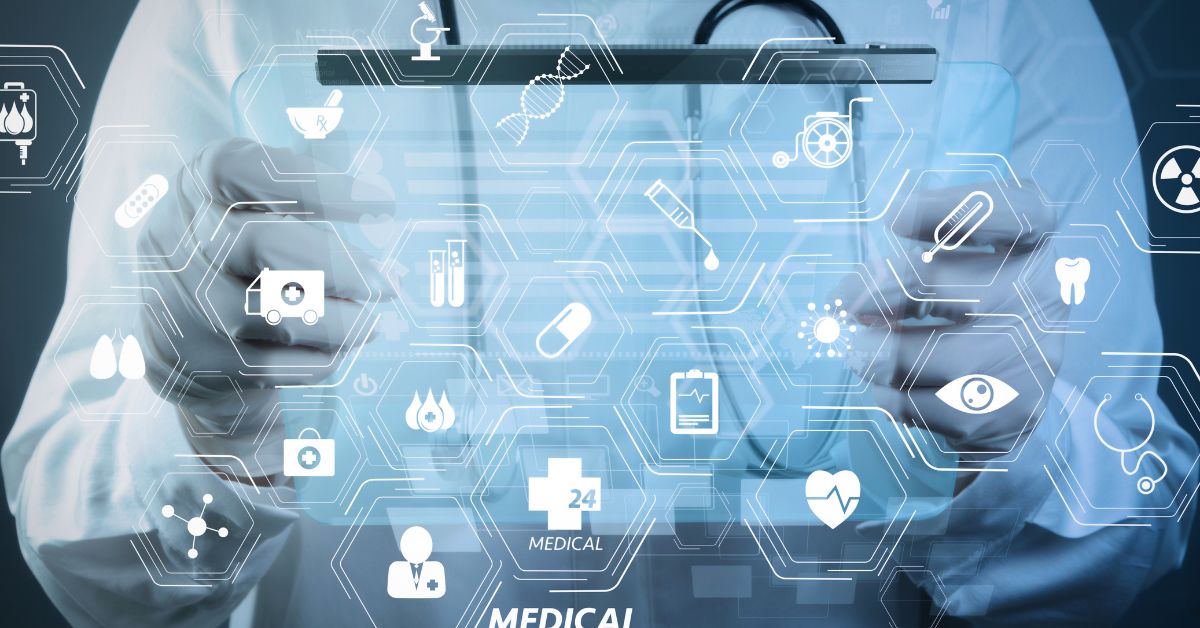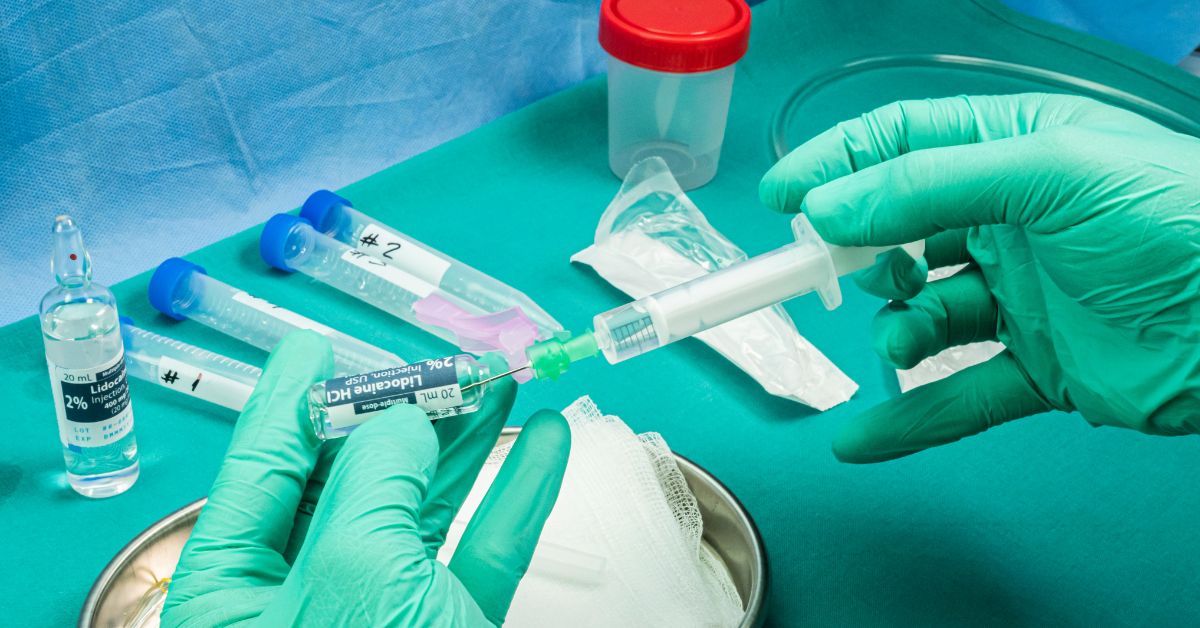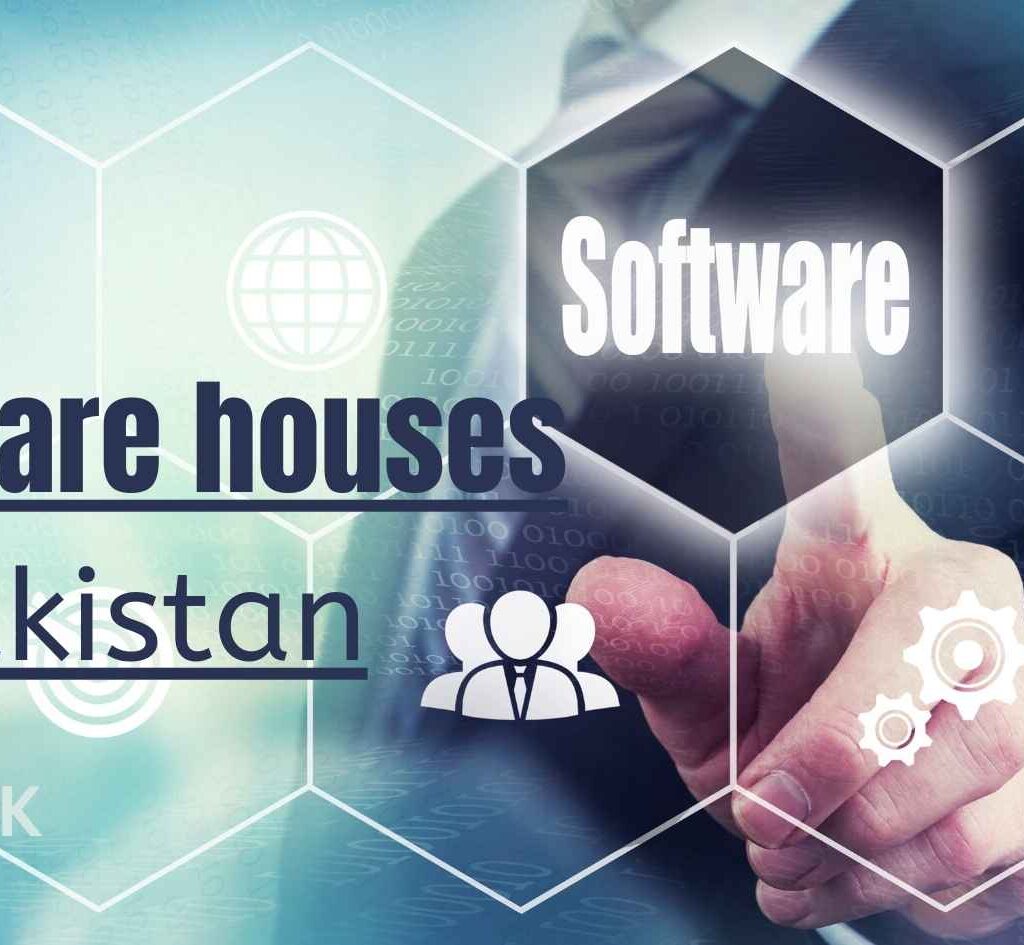The medical profession has traditionally been respected, affording many chances to contribute to society. The need for many medical areas is rising in Pakistan. We explore, “List of Top Demanding Medical Fields in Pakistan” Pakistan’s most respected and sought-after medical specializations in this detailed review.
Related: List of Private Medical Colleges in Pakistan
Top Demanding Medical Fields in Pakistan
We’ll be discussing about Top Demanding Medical Fields in Pakistan.
Doctor of Medicine (MBBS)

A Doctor of Medicine (MBBS) degree is essential to a career in medicine. It prepares people for particular professions and broadens their knowledge. Pakistan’s need for MBBS physicians is rising due to population growth and changing medical demands.
Dentistry (BDS)

Dentistry, specifically BDS (Bachelor of Dental Surgery), is a unique field combining aesthetics with intricate surgical techniques. As oral health becomes a significant concern and awareness increases, the need for proficient dentists in Pakistan has witnessed an upward trajectory. With the advent of new technologies, dentistry in Pakistan is undergoing a revolutionary transformation.
Pharmacy (Pharm. D)

Pharmacists play a critical role in healthcare, bridging the gap between doctors and patients. A Pharm. D (Doctor of Pharmacy) degree equips individuals with in-depth knowledge of drug compositions, their interactions, and administration. Pakistan’s pharmaceutical industry’s growth has led to a surge in demand for well-trained pharmacists.
Nursing (B.Sc. Nursing)

As the backbone of medical care, nurses help physicians and patients like no other. A B.Sc. Nursing degree covers patient care, management, and recovery. Pakistan has more hospitals and healthcare facilities, increasing need for qualified nurses.
Radiology (Diploma in Radiology)

The world of Radiology unveils the unseen, making it a vital diagnostic tool in medicine. Those pursuing a Diploma in Radiology are trained in advanced imaging techniques, making accurate diagnoses possible. As medical diagnostics grow more advanced in Pakistan, the importance and demand for skilled radiologists have risen.
Anesthesiology

An essential player in surgical procedures, an anesthesiologist ensures pain management and patient comfort. Their in-depth understanding of drugs and body reactions makes surgeries safer and more effective. In Pakistan, with the increase in surgical interventions, the need for proficient anesthesiologists has seen a notable upswing.
Cardiology

With cardiovascular diseases becoming a leading cause of death in Pakistan, Cardiology stands at the forefront of medical specialties. Cardiologists diagnose, treat, and manage heart-related conditions, playing a pivotal role in improving the nation’s overall health.
Dermatology

The skin, being the body’s largest organ, requires expert care. Dermatologists specialize in treating skin conditions, enhancing aesthetics, and ensuring skin health. With increasing awareness about skin health and appearance in Pakistan, dermatology has become a sought-after field.
Neurology

Focused on the brain and nervous system, Neurology deals with some of the most intricate aspects of human health. Neurologists in Pakistan address conditions like epilepsy, stroke, and migraines. With increasing research and technological advancements, the field has grown in prominence.
Oncology

Cancer, a global health challenge, requires specialists trained in its management and treatment. From diagnosis to treatment and palliative care, oncologists play a vital role in patient care in Pakistan. As cancer incidence has increased, the demand for oncologists has intensified.
List of the most demanding medical fields in Pakistan
| Sequence Number | Demanding Medical Fields in Pakistan | Descriptions |
|---|---|---|
| 1 | Cardiac Surgery | Surgical procedures to treat heart conditions |
| 2 | Neurosurgery | Surgical procedures to treat nervous system conditions |
| 3 | Pediatric Surgery | Surgical procedures for children |
| 4 | Oncology | Diagnosis and treatment of cancer |
| 5 | Critical Care Medicine | Care of critically ill patients |
| 6 | Emergency Medicine | Care of patients in emergency situations |
| 7 | Anesthesiology | Administration of anesthesia for surgery and other medical procedures |
| 8 | Radiology | Diagnosis and treatment of diseases using imaging technologies |
| 9 | Pathology | Diagnosis of diseases by examining tissues and cells |
| 10 | Infectious Diseases | Diagnosis and treatment of infectious diseases |
| 11 | Dermatology | Diagnosis and treatment of skin diseases |
| 12 | Ophthalmology | Diagnosis and treatment of eye diseases |
| 13 | Psychiatry | Diagnosis and treatment of mental disorders |
| 14 | Obstetrics and Gynecology | Care of women during pregnancy, childbirth, and after childbirth |
| 15 | Pediatrics | Care of children from birth to adolescence |
| 16 | Family Medicine | Primary care for patients of all ages |
| 17 | Internal Medicine | Diagnosis and treatment of diseases affecting the internal organs |
| 18 | Orthopedic Surgery | Surgical procedures to treat bone and joint conditions |
| 19 | Otolaryngology | Diagnosis and treatment of ear, nose, and throat conditions |
| 20 | Urology | Diagnosis and treatment of urinary tract conditions |
| 21 | Plastic Surgery | Surgical procedures to improve the appearance and function of the body |
| 22 | Pediatric Cardiology | Diagnosis and treatment of heart conditions in children |
| 23 | Pediatric Oncology | Diagnosis and treatment of cancer in children |
| 24 | Pediatric Orthopedic Surgery | Surgical procedures to treat bone and joint conditions in children |
| 25 | Pediatric Neurosurgery | Surgical procedures to treat nervous system conditions in children |
| 26 | Pediatric Urology | Diagnosis and treatment of urinary tract conditions in children |
| 27 | Pediatric Psychiatry | Diagnosis and treatment of mental disorders in children |
| 28 | Pediatric Gastroenterology | Diagnosis and treatment of digestive system conditions in children |
| 29 | Pediatric Endocrinology | Diagnosis and treatment of hormone disorders in children |
| 30 | Pediatric Nephrology | Diagnosis and treatment of kidney diseases in children |
| 31 | Pediatric Infectious Diseases | Diagnosis and treatment of infectious diseases in children |
| 32 | Geriatrics | Care of older adults |
| 33 | Palliative Medicine | Care of patients with incurable diseases |
| 34 | Public Health | Prevention of disease and promotion of health in populations |
| 35 | Epidemiology | Study of the distribution and determinants of diseases in populations |
| 36 | Biostatistics | Use of statistics to study biological and medical phenomena |
| 37 | Biomedical Engineering | Application of engineering principles and design concepts to the field of medicine |
| 38 | Medical Physics | Application of physical principles to the field of medicine |
| 39 | Pharmaceutical Sciences | Study of the development, production, and use of medicines |
| 40 | Toxicology | Study of the adverse effects of chemicals and other substances on living organisms |
| 41 | Nutrition | Study of the relationship between food and health |
| 42 | Epidemiology | Study of the distribution and determinants of diseases in populations |
| 43 | Biostatistics | Use of statistics to study biological and medical phenomena |
| 44 | Biomedical Engineering | Application of engineering principles and design concepts to the field of medicine |
| 45 | Medical Physics | Application of physical principles to the field of medicine |
| 46 | Pharmaceutical Sciences | Study of the development, production, and use of medicines |
| 47 | Toxicology | Study of the adverse effects of chemicals and other substances on living organisms |
| 48 | Nutrition | Study of the relationship between food and health |
| 49 | Physiotherapy | Treatment of injuries and diseases using physical methods |
| 50 | Treatment of injuries and diseases to help people regain or improve their daily living skills |
FAQs
In Pakistan, pursuing a Doctor of Medicine (MBBS) is considered optimal due to its broad spectrum of opportunities and high demand in healthcare sectors.
Dentistry (BDS) is highly regarded in the medical domain, offering a blend of healthcare and aesthetics, making it a sought-after alternative to MBBS.
Given the growing use of technology in healthcare, telemedicine is growing quickly and has significant potential.
To gain admission to a medical college, students typically need a high percentage, often above 80%, depending on the institution’s criteria.
Conclusion
In conclusion, the medical field in Pakistan offers a vast array of specialties, each critical in its own right. These fields, with their growing demand, not only promise a rewarding career but also provide an avenue for individuals to make a significant impact on society’s well-being.
Thanks!




